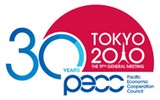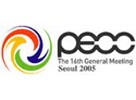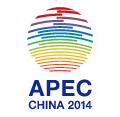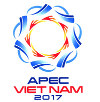Eduardo Pedrosa
Secretary-General, Pacific Economic Cooperation Council (PECC)
Christopher Findlay
Australian Pacific Economic Cooperation Committee (AUSPECC)
Honorary Professor, The Crawford School of Public Policy, Australian National University (ANU)
The signing of the Regional Comprehensive Economic Partnership (RCEP) on Sunday provided a much needed boost to the global trading system. It will create the largest single economic area in the history of the global economy, led by the ten ASEAN members plus its FTA trading partners it will cover a market of over 2.2 billion people, with a combined GDP of around US$26 trillion. Estimates suggest that benefits for RCEP members of around US$174 billion by 2030 according to numbers cited in PECC’s State of the Region Report this year.
The agreement has been 8 years in the making since ASEAN members agreed to the Framework for Regional Comprehensive Economic Partnership in 2012. The agreement will consolidate ASEAN’s existing trade agreements with partners: Australia and New Zealand; China, Korea, and Japan. India which had previously been part of the negotiations left last year.
Source: PECC News feed










